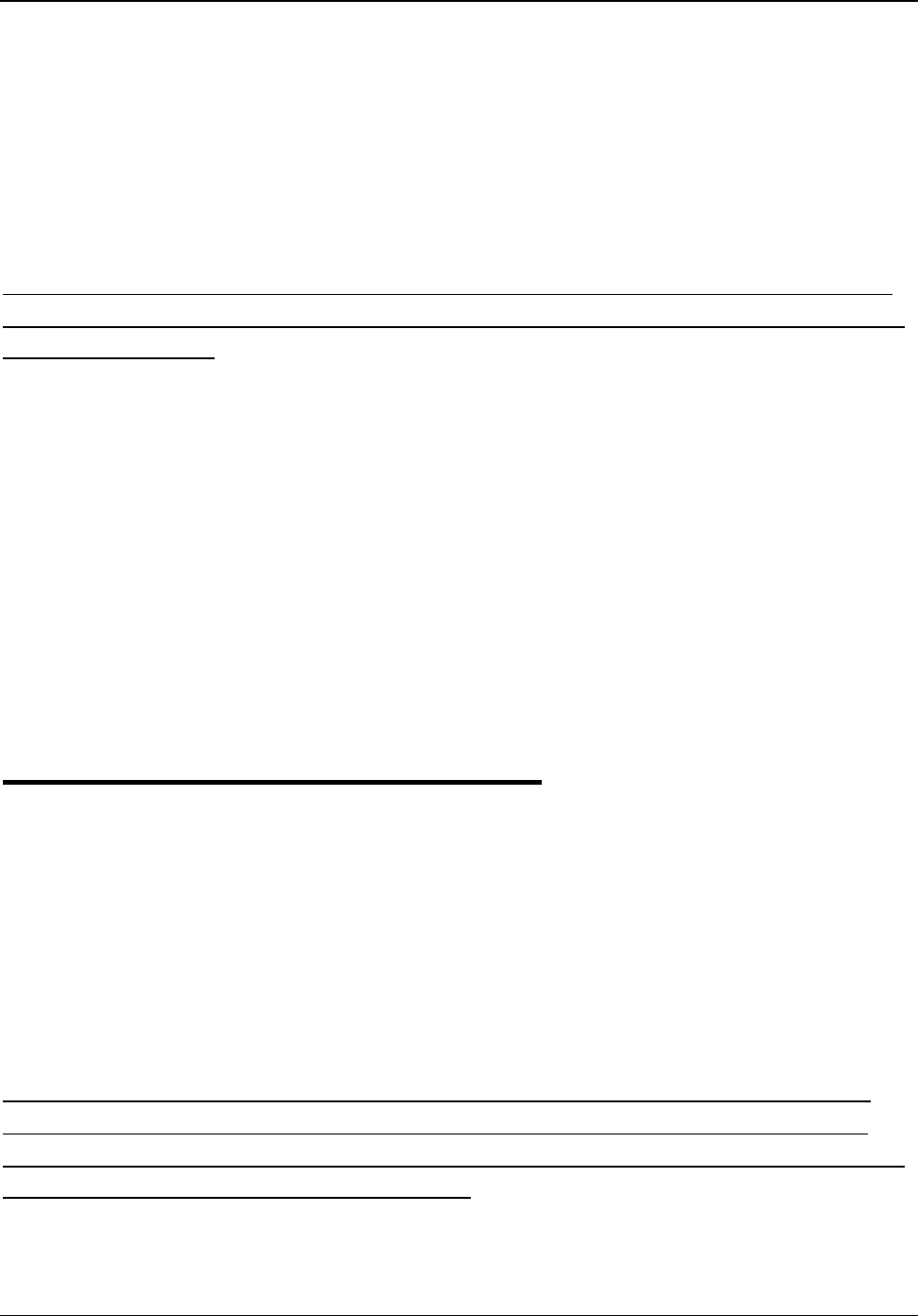
TRITON Training Guide
57
25. Make sure you're still on the PlyLoop 1-8 tab, then press the Track Play Loop checkbox below Bass
(2
nd
column). In the Bass (Track 2) Loop Start Measure field, set the value to 005, and in the Loop End
Measure for this track, set the value to 008, Press the START/STOP key, and the Track 1 and 2 will
Play Loop continually - each with different Loop Start and End measures! Later on, you can experiment
with the Play Loops - just set the Loop Start and End measures to new values!
Note: Make sure to press the LOCATE key after you've stopped playback - to reset the song to the
1
st
measure! No need to worry about it when you've just recorded though - the song resets to the first
measure automatically!
Now for something totally outrageous!!!
Ok, you've got a groove going…but wait, there's more! Let's rehearse, then record Track 4 - the Guitar track
- and add a very funky and powerful surprise to the whole "picture":
26. Select Track04 from the Track Select popup menu (see step 21). Play the keyboard to get an idea of
how FUNKY this guitar Program sounds, especially with that fine Delay Insert effect!
27. Now press the ARPEGGIATOR ON/OFF key to turn the Arpeggiator ON (lit).
28. Press START/STOP, and while the Drums and Bass Play Loop, rehearse your new Guitar track with the
Arpeggiator - in sync to the tempo! Hold down notes and chords to hear the arpeggio pattern play…
Is this COOL or WHAT?!?!?!?!?!?
Ready to record the Guitar track?
29. Press START/STOP, then press LOCATE to reset the song to the first measure.
30. Press REC/WRITE, then press START/STOP - after 2 bars of precount - you're recording! Record the
Guitar track for at least 16 bars! Remember, the COMPARE key is always there - waiting to "bail you
out" of a mistake…just stop recording, press COMPARE, and re-record the track until you like it! When
you're finished, press START/STOP, and START/STOP again - to hear your new tracks!
Note: The ARPEGGIATOR ON/OFF key turns off after you've recorded and during playback - that's
because the arpeggio pattern was recorded directly to the track! In fact, you can even OVERDUB
note data and GATE / VELOCITY knob movements on the arpeggiated track - or any other track that's
linked to the Arpeggiator (P7 - Arpeggiator Assign)!!!
